Renowned Professor of Economics at Lagos Business School, and Newstide Publications board chairman, Bongo Adi, has called on the incoming administration to adopt a data-driven approach and rationalize the budget systems
During an interview on Arise News, Adi highlighted the absence of a robust database behind government projections, which has resulted in frivolous spending by officials.
Join our WhatsApp ChannelAdi stated, “The challenge in Nigeria is that the government, not just the outgoing administration but over time, has lacked transparency and truthfulness, particularly in the realm of fiscal systems. The government’s revenue and expenditure projections are essentially back-of-the-envelope calculations. There is no evidence or database supporting the government’s projections of revenue or expenditures.”
He further explained that the government sometimes inflates its expected revenue to create the impression that the budget’s expenditure and revenue difference meets the 3% fiscal responsibility stipulation.
READ ALSO:Newstide Board Chairman Bongo Adi Gets Professorship In Economics
However, these revenue projections are arbitrary and lack a foundation in reality. Similarly, expenditures are not tied to verifiable projects, leading to instances where one ministry spends its entire allocation on trivial items such as office stationery. Adi emphasized that the government first determines its expenditure projections and then finds ways to spend the money accordingly.
Adi proposed that the first step for the incoming administration, led by Bola Ahmed Tinubu, should be the rationalization of the budget system. Currently, the budgets presented annually lack credibility. They are crude and devoid of rationality.
Adi stressed the need for data and evidence to support the government’s claims, as the current lack of transparency leaves the true revenue situation unknown.
Addressing the issue of fuel subsidy, Adi advocated for its elimination in Nigeria, as it primarily benefits the affluent. He argued that fuel subsidy only rewards the elites, middle class, and wealthy citizens, while those living in rural areas rarely enjoy the pump price.
Adi believes that fuel subsidies, which are intended to assist the poor, actually contribute to their deepening poverty and suffering. Therefore, he urged the government to abolish fuel subsidy, emphasizing that it predominantly favors the rich and must be discontinued.
Professor Bongo Adi’s insights shed light on the pressing need for a rationalized budget system backed by concrete data. The incoming administration, under Bola Ahmed Tinubu‘s leadership, must prioritize transparency, truthfulness, and evidence-based budget projections.
Additionally, Adi’s call to end fuel subsidy highlights the inequality perpetuated by such policies, underscoring the urgency of implementing reforms that benefit all segments of society.




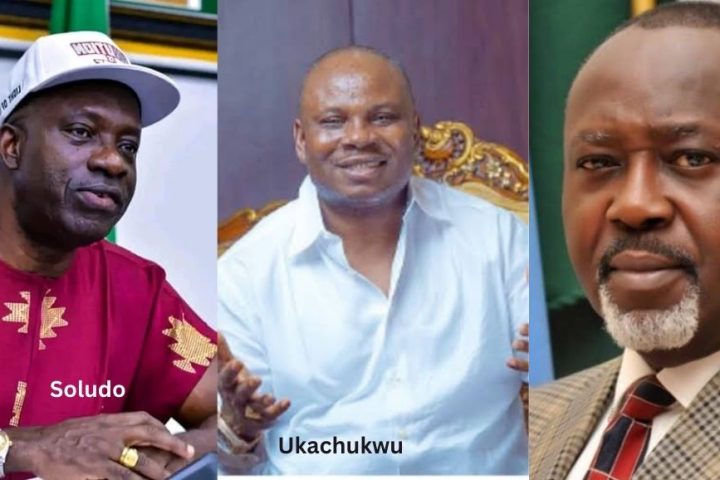
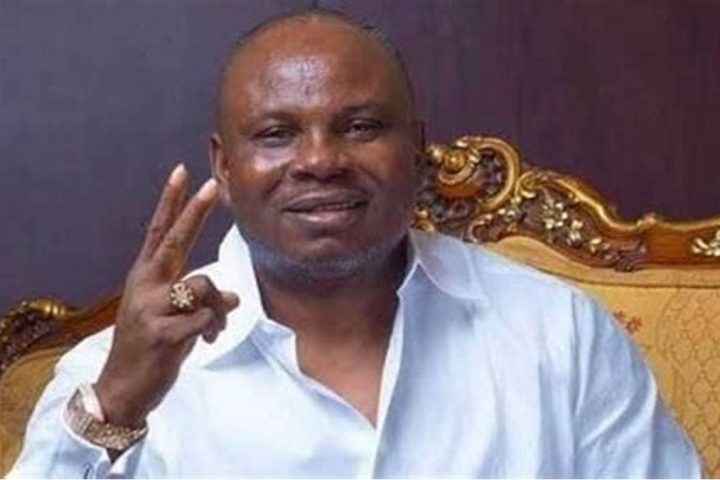
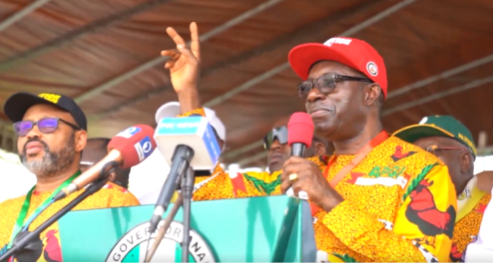








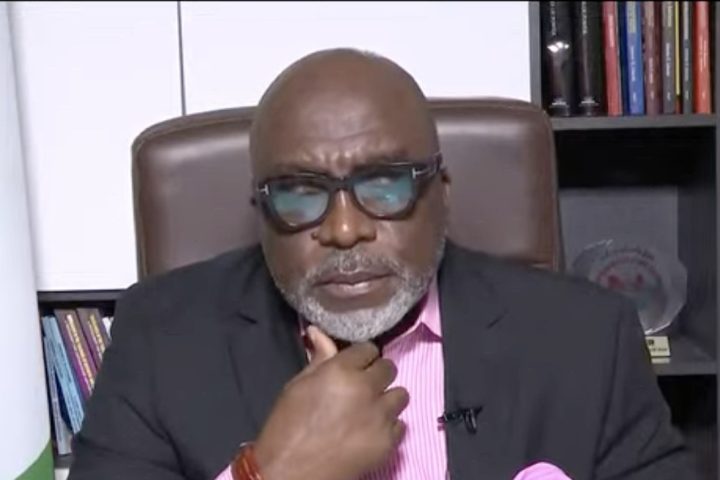
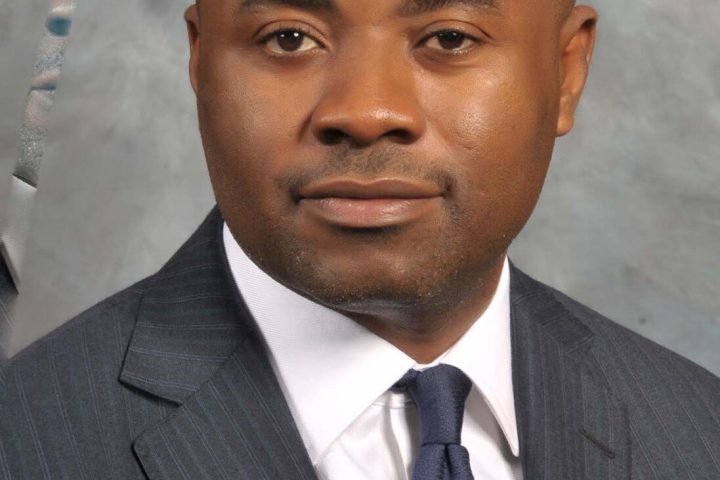

Follow Us